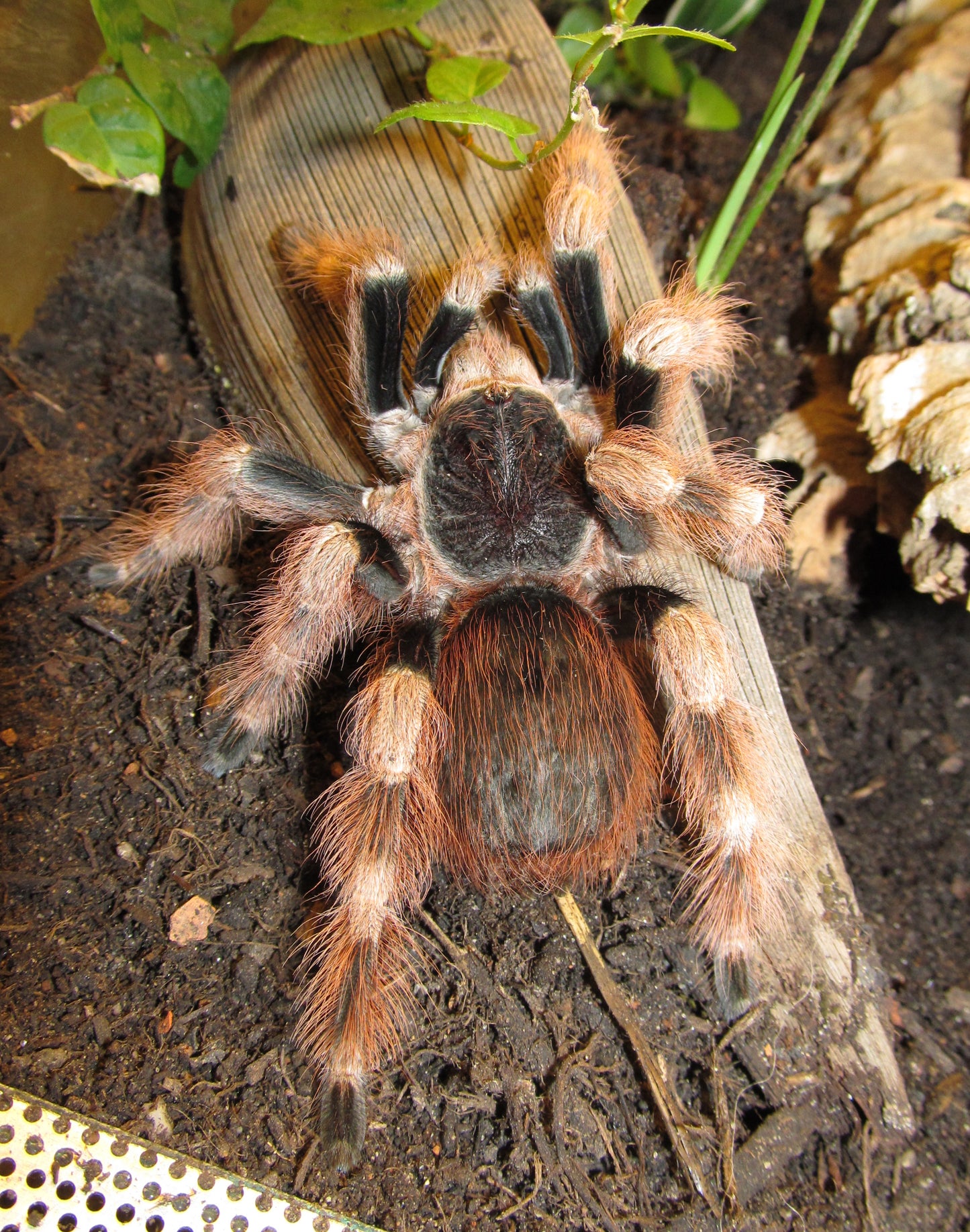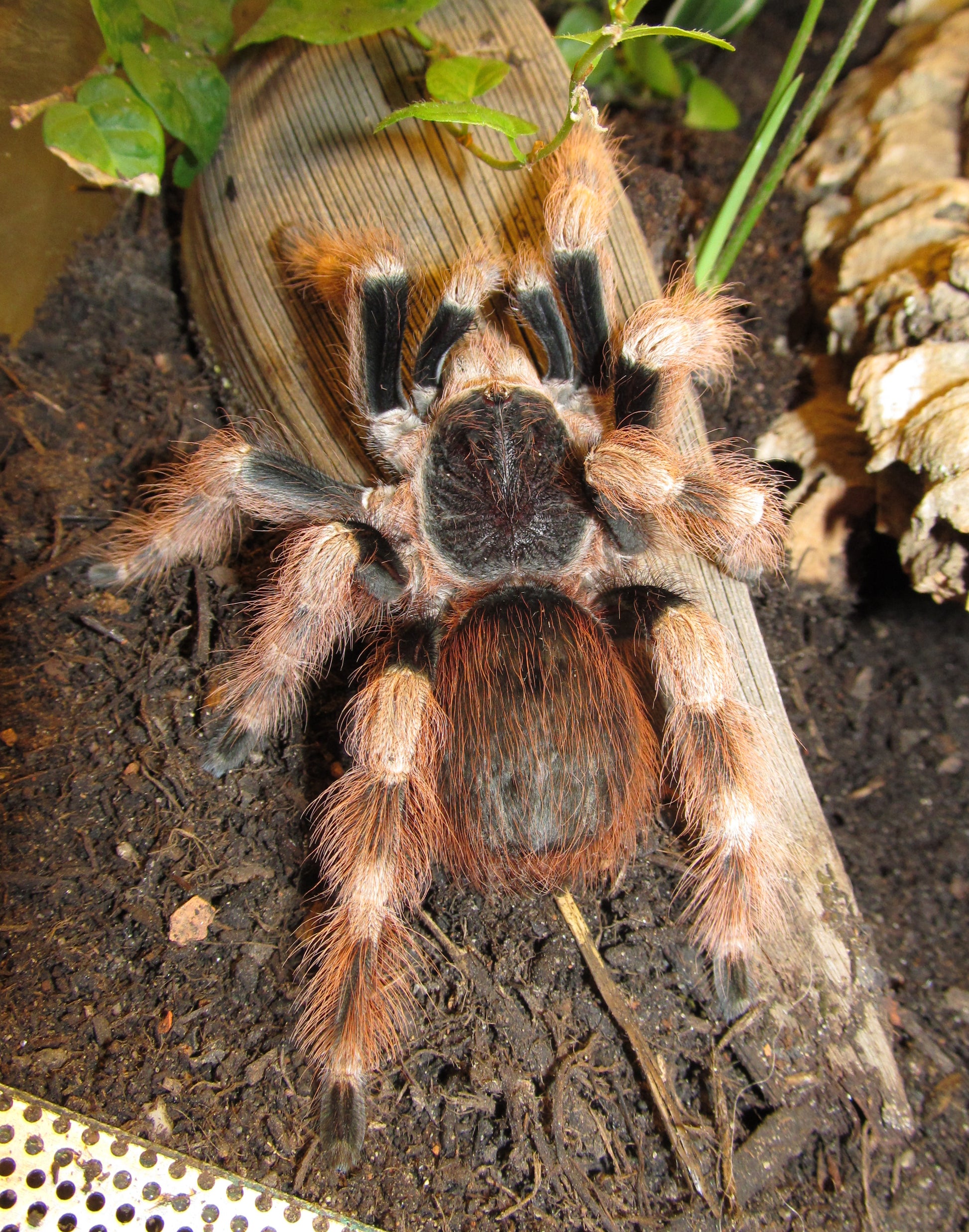Tarantuladen.co.za
Brazilian Black & White (Nhandu Coloratovillosus)
Brazilian Black & White (Nhandu Coloratovillosus)
Low stock: 10 left
Couldn't load pickup availability
Chunky, flashy, and full of personality — Nhandu coloratovillosus is a large terrestrial species famous for its bold white striping and thick body. It's tough, fast-growing, and known for its "always hungry" attitude. A great species if you love active, visible tarantulas with some sass.
Quick Facts
Common Name: Brazilian Black & White
Scientific Name: Nhandu coloratovillosus
Origin: Brazil
Size: 6–7 inches (15–18 cm) leg span
Lifespan:
- Females: 15–20 years
- Males: 3–5 years
Temperament: Skittish, defensive when provoked, heavy hair kicker
Coloration
Jet black body base
Bold white striping across the knees and legs
Densely haired, giving a "fluffy" but powerful appearance
Dramatic contrast makes them real eye-catchers even from a distance
Housing & Care
Enclosure Type: Terrestrial — needs floor space more than height
Substrate: 4–5 inches of substrate (slightly moist but well-draining)
Humidity: 65–75% — keep one side of the enclosure lightly moist
Temperature: 72–80°F (22–27°C)
Decor:
- Cork bark hide, plants, and a large water dish
- Plenty of open floor space to roam and bulldoze around
Known to redecorate aggressively — expect substrate rearrangement!
Feeding
Diet: Crickets, roaches, superworms
Feeding Schedule:
- Slings: 2–3x/week
- Juveniles: Weekly
- Adults: Every 7–10 days
Voracious feeders — known to charge prey without hesitation
Why It's a Fan Favorite
Striking black-and-white contrast — looks amazing in any setup
Active and visible — rarely hides for long
Strong feeding response (always exciting to watch)
Fast-growing for a New World species
Hardy and adaptable — not too fussy about care
Notes
Can be very defensive if stressed — will flick hairs aggressively
Not ideal for handling — skittish and quick to defend itself
Needs good ventilation to prevent mold with higher humidity
Benefits from regular spot cleaning due to how messy they can be
Share

Let customers speak for us
from 5 reviewsLove my new little baby! Thank you 😊

Great service and speedy delivery

It was way beter than I expected. Quick responses to questions. The slings were package so well and it was the most pleasant surprise to see the slings picked out for me. Species I would not order myself because I'm careful of old worlds. I am very satisfied and would recommend tarantula den to anyone looking to purchase tarantulas online.



